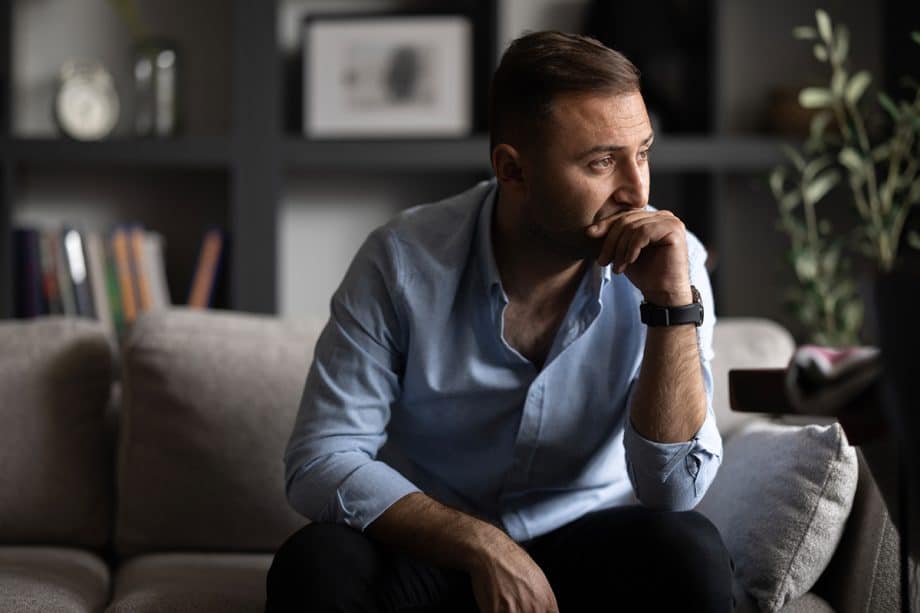Anxiety is one of the most common mental health challenges faced today. According to the Anxiety & Depression Association of America, over 40 million adults in the United States experience anxiety disorders annually. While anxiety in small doses can be a natural part of life, chronic or excessive anxiety can make daily activities daunting.
If you’re struggling with managing anxiety, you don’t have to do it alone. With the right strategies and support, you can take practical steps toward reducing anxiety and leading a more balanced life.
Identify and Understand Your Triggers
One of the most empowering ways to manage anxiety is to identify what causes it in the first place. Common triggers might include stressful work situations, social interactions, financial worries, or even specific places and experiences.
To uncover your own triggers, try keeping a journal where you note moments of heightened anxiety. Record details about what you were doing, how you felt, and what happened right before your anxiety intensified. Over time, patterns may emerge, giving you the insights you need to better address these triggers.
Once you’ve identified your triggers, tackle them proactively:
- Prepare for situations: If public speaking causes anxiety, create a script or practice beforehand.
- Set boundaries: If certain personal or professional relationships feel overwhelming, learn to limit your exposure to them.
- Develop coping plans: Work on actionable strategies with a professional, such as mindfulness or breathing exercises, in moments of heightened stress.
By understanding what causes your anxiety, you take the first big step toward managing it effectively.
Incorporate Relaxation Techniques
When it comes to battling anxiety, the mind and body are deeply intertwined. One of the most effective ways to manage stress is by calming the physical discomfort that often accompanies anxious feelings. Relaxation techniques can make a significant difference.
Here are some methods worth trying:
- Deep Breathing Exercises
Simple breathing techniques can help lower your body’s stress response. Try inhaling deeply through your nose for four counts, holding your breath for seven counts, and exhaling through your mouth for eight counts.
- Progressive Muscle Relaxation (PMR)
This technique involves tensing and then slowly relaxing each muscle group in your body, starting at your feet and moving upward. It helps release built-up tension.
- Meditation and Yoga
Mindful meditation apps or yoga classes specifically tailored for anxiety can teach you how to stay present and regain control over racing thoughts.
- Visualization Techniques
Close your eyes and imagine yourself in a peaceful, calming setting, such as a quiet beach or a forest. This mental escape can help ease current stressors.
Integrating these simple practices into your routine can create moments of calm and provide much-needed tools to regulate your anxiety throughout the day.
Build a Routine That Supports Your Mental Well-Being
Establishing consistency in your day-to-day life is another powerful way to reduce the chaos that anxiety thrives on. A daily routine provides structure, stability, and predictability, which can create a sense of comfort.
Here’s how to build a routine that supports your mental health:
- Make Sleep a Priority: A consistent sleep schedule is key to reducing anxiety. Aim for 7-9 hours each night by maintaining a calming bedtime routine.
- Nourish Your Body: Consuming a balanced diet of whole grains, lean proteins, fruits, and vegetables can help stabilize your energy and mood. Limit caffeine and alcohol, as they can heighten anxiety symptoms.
- Stay Active: Exercise has well-documented benefits for mental health. Even a 20-minute daily walk can release endorphins, reduce stress, and promote better sleep.
- Practice Gratitude: Taking a few minutes each day to reflect on what you’re thankful for can shift your mindset and focus away from worries.
By building habits that support both your physical and mental health, you create an environment in which anxiety has less opportunity to take hold.
Frequently Asked Questions About Anxiety Disorder Treatment
What treatment options are available for anxiety disorders?
Anxiety disorders are commonly treated through therapy, medication, or a combination of both. Cognitive Behavioral Therapy (CBT) is a popular and effective method for addressing anxious thought patterns. Additionally, medications such as selective serotonin reuptake inhibitors (SSRIs) can help manage symptoms. Complementary treatments, including mindfulness practices, exercise, and lifestyle changes, can also enhance the effectiveness of professional care.
When should I seek professional help for my anxiety?
It’s time to reach out for help if anxiety is interfering with your ability to function in daily life, impacting work, social interactions, or personal relationships. Symptoms such as persistent worry, panic attacks, or physical signs like rapid heart rate and insomnia can indicate the need for professional support. A psychiatrist or therapist can help you develop a treatment plan best suited to your needs.
At South County Psychiatry, we’re dedicated to helping individuals manage anxiety with compassionate, expert care. Our team is here to assist you as you take steps toward better mental health. To learn more, contact us online or call us at 401-343-4343 today.

